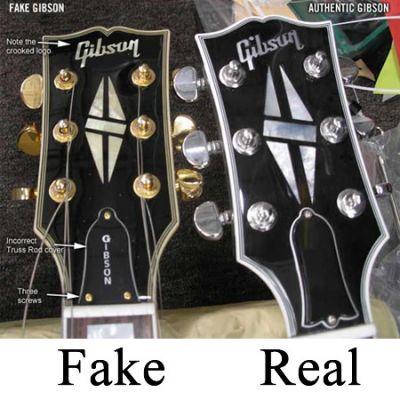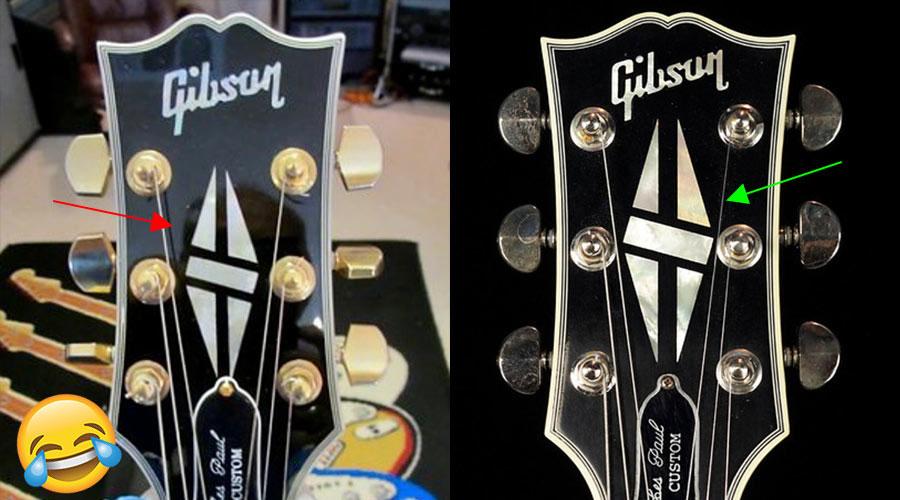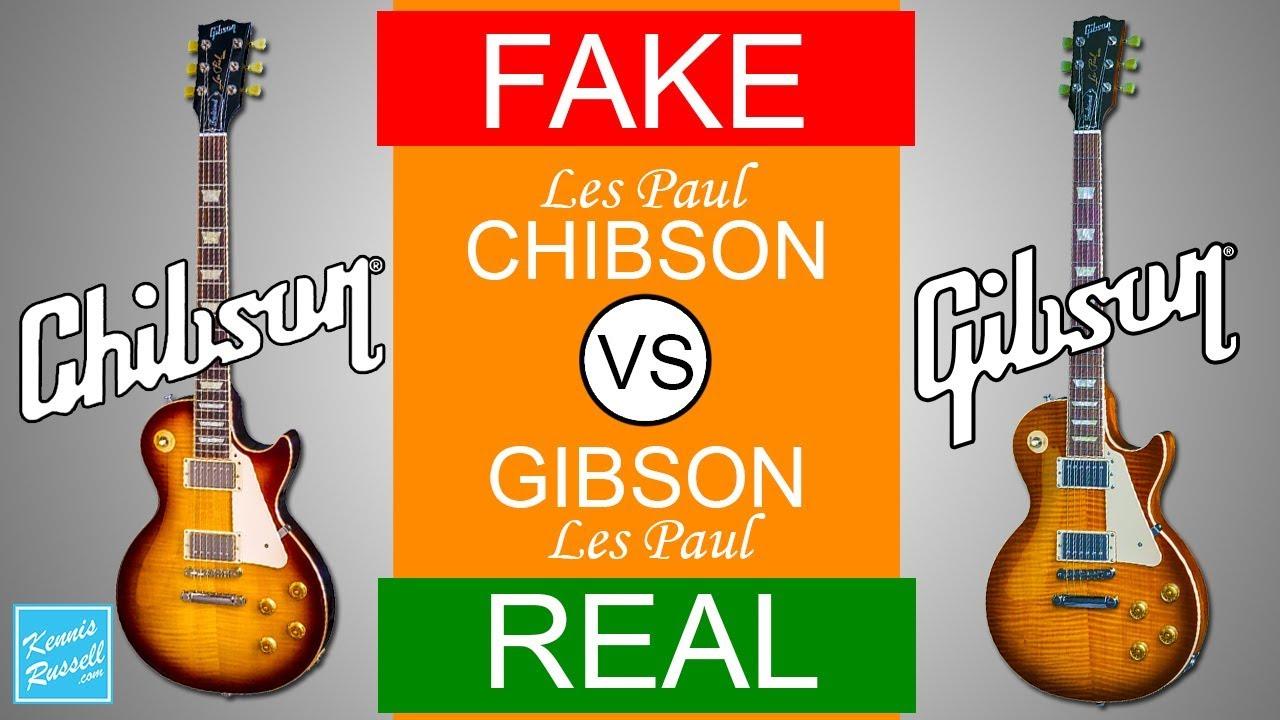U.S. Border Enforcement Takes Action Against Counterfeit Music Products
U.S. Border Patrol agents recently took decisive action against counterfeit music products, seizing a staggering $18 million worth of fake Gibson guitars. This operation highlights the ongoing battle against intellectual property theft and the counterfeit market. The fake instruments were intercepted during a routine inspection at a major shipping gateway, where officers noticed discrepancies in packaging and labeling that raised their suspicions. Upon further investigation, it became evident that these replicas were not only infringing on Gibson’s trademark but could also pose significant risks to consumers who may be misled into believing they are purchasing authentic instruments.
The seizure falls in line with enhanced efforts from federal agencies to protect U.S. brands and maintain the integrity of the music industry. Counterfeit products can undermine legitimate businesses and affect artists and consumers alike. Key details from the investigation include:
- Spotting the Counterfeit: Officers utilized advanced detection techniques to differentiate between authentic Gibson guitars and their counterfeit counterparts.
- Impact on Musicians: The presence of counterfeit products can erode trust in the instruments that musicians rely on for their craft.
- Collaborative Efforts: This operation involved cooperation between customs, the music industry, and legal enforcement agencies to address these serious violations.

The Impact of Counterfeit Goods on the American Economy and Artists
The recent seizure of $18 million worth of counterfeit Gibson guitars by U.S. border agents highlights a pervasive issue that extends far beyond a single brand. The proliferation of fake products not only undermines the integrity of established brands but also poses a significant threat to the American economy. Each counterfeit item represents lost revenue for manufacturers and legitimate retailers, creating a ripple effect that impacts jobs and innovation. As a result, the economy suffers due to reduced tax contributions from businesses forced to compete with illicit players undercutting authentic products. This issue also places consumers at risk, as inferior imitation goods can be substandard in quality and safety, leading to dissatisfaction and potential harm.
For artists and musicians, the implications of counterfeit goods are even more profound. When counterfeit guitars flood the market, it diminishes the value of genuine craftsmanship and artistic expression. Musicians rely on the recognition and prestige that authentic instruments provide, as they are often seen as essential tools for creative expression. Furthermore, the deception associated with fake products can erode consumer trust and loyalty, creating a culture where artistry is undervalued. The art community is left grappling with the consequences of a counterfeit-driven marketplace, where the very essence of originality and creativity is threatened by an influx of knock-off products that undermine the dedication and talent of true artists. This situation underscores the importance of supporting legitimate brands and artists to foster a vibrant and genuine cultural landscape.

Strategies for Consumers to Identify Genuine Instruments
As counterfeit products continue to infiltrate the market, consumers must equip themselves with the knowledge to discern genuine instruments from fakes. One of the foremost strategies is to research the brand thoroughly. Understanding the distinctive features of authentic models, such as specific serial numbers, weight, and hardware, can significantly aid in making informed purchases. Additionally, potential buyers should pay attention to official packaging; legitimate products usually come in high-quality packaging that includes manufacturer logos and certification. Any discrepancies in these details can be telltale signs of a counterfeit.
Moreover, consumers should purchase from reputable sources. Buying instruments from authorized dealers or well-known music retailers not only guarantees authenticity but also provides the back-up of customer service and warranty support. It’s wise to be cautious with second-hand purchases, as they can often lead to complications. Always request documentation such as receipts or certificates of authenticity when acquiring used instruments. Taking these steps not only protects investments but also enriches the overall playing experience, ensuring musicians get the quality they deserve.

Strengthening Customs Regulations to Combat Music Merchandise Fraud
In a decisive move against the proliferation of counterfeit merchandise, U.S. Customs and Border Protection (CBP) agents have successfully intercepted a staggering $18 million worth of fake Gibson guitars, underscoring the urgent need to enhance regulations surrounding the importation of music merchandise. This operation highlights the significant economic impact that counterfeit goods can have on legitimate businesses and the music industry as a whole. The seizure serves as a reminder of the ongoing battle against intellectual property theft and the critical importance of safeguarding creative rights.
To further combat music merchandise fraud, authorities are advocating for stronger customs regulations that will not only deter counterfeit operations but also protect consumers from low-quality products that tarnish the reputation of iconic brands. Key measures being discussed include:
- Enhanced Training for Border Agents: Providing specialized training to help agents better identify counterfeit items.
- Stricter Penalties: Implementing severe consequences for those caught importing fake merchandise.
- Collaboration with Industry Leaders: Establishing partnerships with brands to share intelligence on fraudulent activities.
By fortifying these regulations, customs authorities aim to create a more robust framework that not only protects art and creativity but also uplifts the integrity of the marketplace, providing a safer environment for consumers and legitimatizing the revenue streams for artists and manufacturers alike.
